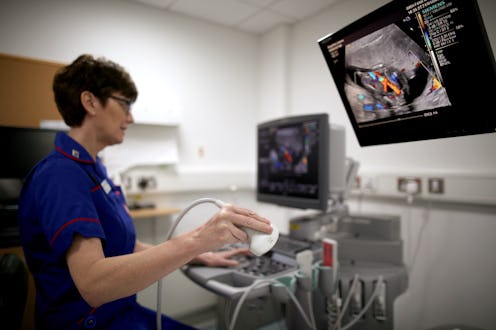News
Study Shows Improvement in Screening for DS
Research recently published online in Ultrasound Obstetrics & Gynocology, details a new non-invasive prenatal test that accurately detected Down syndrome in 98% of fetuses at 10 weeks of pregnancy, 2 weeks earlier than current methods. Down syndrome is a chromosomal disorder characterized by slower mental and physical development accompanied by a higher predisposal to a number of health problems.
Timely and reliable genetic testing provides critical information for women who may make the difficult decision to terminate the pregnancy. While abortion laws vary across the nation, after week 12 of gestation, it is banned in 2 states (North Dakota and Arkansas) and by week 22, the number rises to 14 states.
This new method for diagnosis relies on cfDNA, fetal cell free DNA, obtained from a simple blood sample from the mother. Existing screening methods involve a two part process, combining an ultrasound with hormonal analysis of the mother’s blood. While both strategies are effective at identifying chromosomal irregularities, out of a sample size of 1005 pregnancies, the cfDNA testing led to a lower false-positive rate, of 0.1% as opposed to 3.4% from the combined test, a misdiagnosis which could have tragic consequences.
Currently, the only definitive prenatal test for genetic abnormalities is though invasive extraction of the amniotic fluid or placental tissue around the fetus, which increases the risk of miscarriage. Safe and early diagnosis can help families in their physical and emotional preparations, as babies with Down syndrome are more likely to have complications upon birth.
Image: Getty Images
